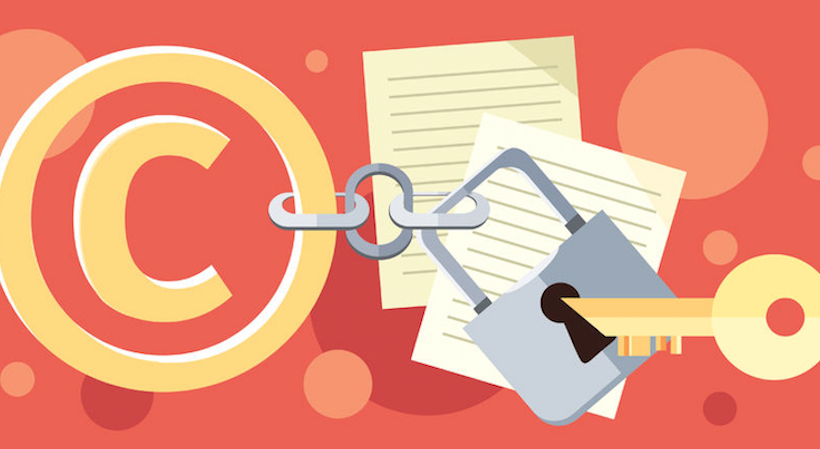For entrepreneurs starting their first company, it’s easy to get confused with some of the small business jargon that comes with the territory. One of the most common mistakes is mixing up trademarks and copyrights.
Which is which and what do they do? Do you need both or just one for your business? Let us help demystify the issue for you and define everything entrepreneurs need to know about trademarks and copyrights.
Related: How to Avoid Trademark Infringement
Trademarks
Chances are highly likely that your startup has a name, logo, slogan or tagline, or even a brand mascot associated with it. If you have any of the above, you’ll need a trademark. Trademarks are words, phrases, symbols or designs that show the world how distinct and unique your brand is to differentiate it from any competitors.
Why do you still need to register a trademark? By filing for a trademark with the United States Patent and Trademark Office (USPTO), not only do you prove that your ideas are original, but you also have exclusive ownership over the mark. This means that nobody is allowed to use or plagiarize your trademark. As long as you file the proper documents and pay the required fees, trademarks and trademark registrations do not expire. These marks can protect your business for hundreds of years so long as you continue to use them.
If you’re ready to protect your brand with a trademark, the first thing you’ll need to do is conduct a search through existing registered and pending trademark applications. Once you determine your mark is unique and available to use, protect it by applying for a trademark. You can also conduct a trademark watch to “watch” over any applications that might be registering similar names or logos for their businesses during this time to ensure your mark remains protected from any possible infringement.
Sign Up: Receive the StartupNation newsletter!
Copyrights
Does your business have any original works of authorship? This can range from literary works (like books or poetry), dramatic or musical works (including movies, songs and plays), sound recordings and artistic, architectural, sculptural and graphic works. If you do, filing for a copyright allows you, the creator, to protect these original works.
Copyrights share a few similar benefits to trademarks. Once your works of art have a registered copyright, you may sue for copyright infringement on anyone that tries to copy your creation. The registration is also long lasting with the USPTO, noting that for works created by an individual, the protection lasts for the life of the author with an additional 70 years. If the works have been created anonymously or under a pseudonym, then the protection lasts 95 years from the date of publication or 120 years from the date of creation.
Get started in filing a copyright by first conducting a search through the copyright database. This will allow you to see if anything has been registered already and will ensure you won’t accidentally infringe on other work. If you work turns out to be original, then you’ll be able to file an application, pay a fee and send in a copy of the work you want to register. Once it is registered, your original works of authorship will have a public record and you will be able to control its duplication and distribution however you see fit.






